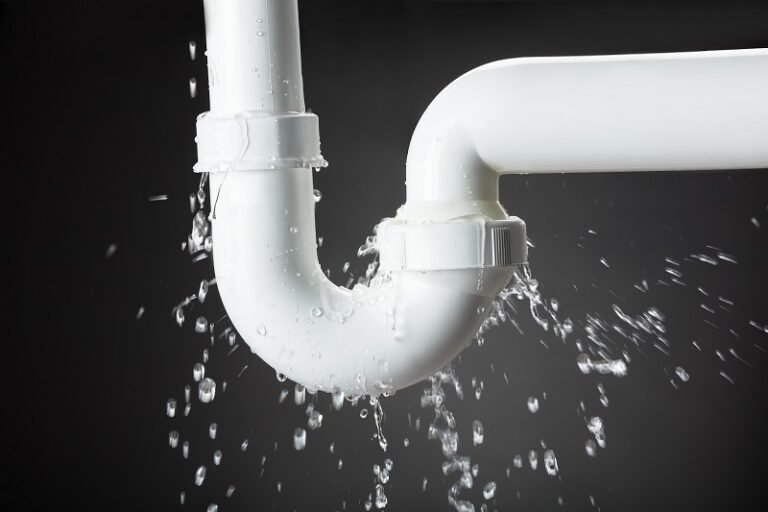A burst pipe is every homeowner’s nightmare. The chaos and stress that arise when water starts gushing from every possible opening, the urgency to act, and the fear of potential damage to your home can be overwhelming. However, the right knowledge and quick thinking can make all the difference. In this comprehensive guide, you’ll learn the step-by-step actions to take when encountering a burst pipe, how to minimize damage, and when to call a professional residential plumber in Arnold.
Step 1: Shut Off the Main Water Supply
The first thing to do when you have a burst pipe is to shut off the main water supply. This will stop the flow of water and prevent further damage. The main water valve is typically located near your water meter, often in the basement or outside your home. If you’re unsure where it is, it’s crucial to locate the valve and familiarize yourself with its location before an emergency occurs.
Step 2: Open Faucets to Drain Excess Water
Once you’ve shut off the main water supply, open all the faucets in your home to drain any remaining water. This will also help relieve pressure in the pipes and minimize further damage.
Step 3: Locate the Burst Pipe
Inspect all visible pipes in your home to find the burst pipe. Look for bulging, cracking, or leaking water. If you can’t locate the burst pipe, it’s essential to call a professional plumber immediately.
Step 4: Temporarily Repair the Pipe
If possible, use duct tape or clamps to seal the burst pipe. This will help stop water flow until a professional plumber can make permanent repairs.
Step 5: Call a Professional Plumber
Even if you’ve temporarily repaired the burst pipe, it’s crucial to call a professional emergency plumber as soon as possible. They have the expertise and tools to make long-term repairs and prevent further damage to your home.
How to Prevent Burst Pipes
The best way to deal with a burst pipe is to prevent it from happening in the first place. Here are some tips to help you avoid this plumbing emergency:
- Insulate exposed pipes in colder areas of your home, such as attics and basements.
- Keep your home’s temperature above 55°F during cold snaps. This will help prevent pipes from freezing and bursting.
- Regularly inspect your plumbing system for any signs of damage, such as leaks or corrosion. Address these issues promptly to prevent them from becoming more serious problems.
Dealing with a burst pipe can be stressful and overwhelming, but by following these steps and taking preventative measures, you can minimize the damage and get the situation under control. If you cannot locate or temporarily repair the burst pipe, call a professional emergency plumber for help.

